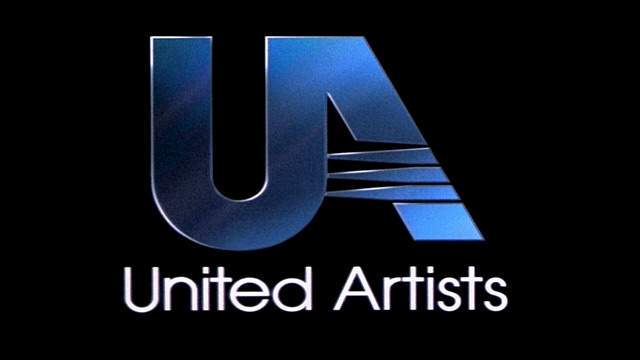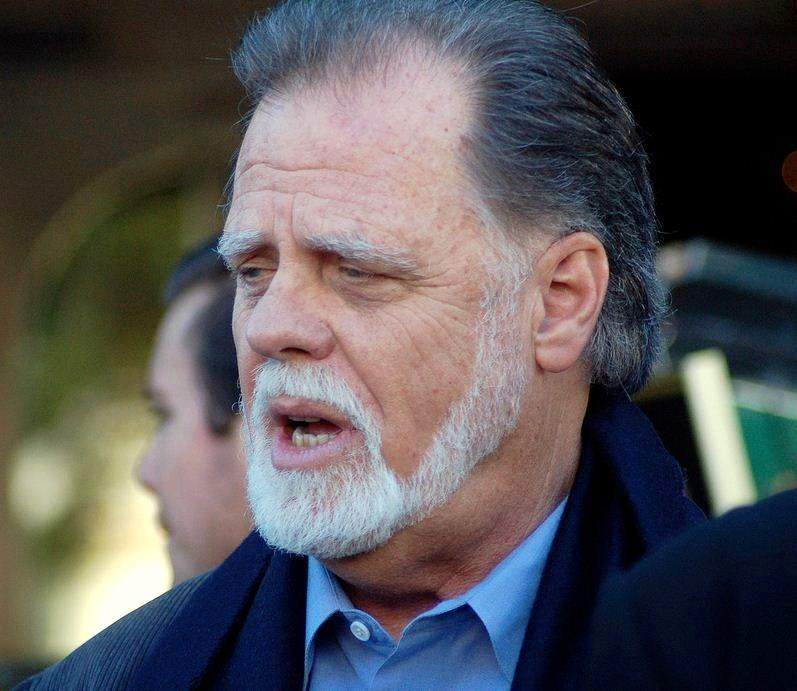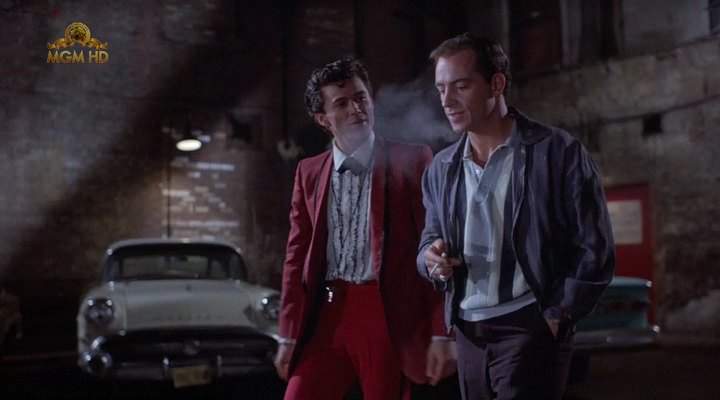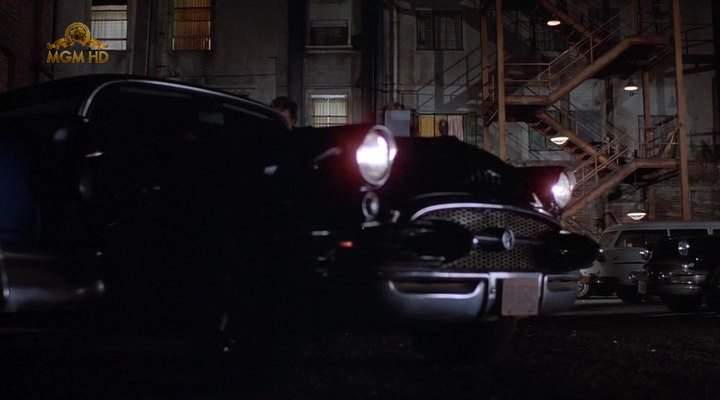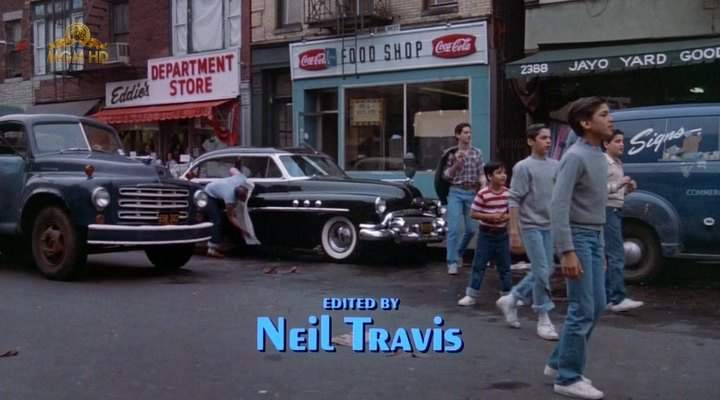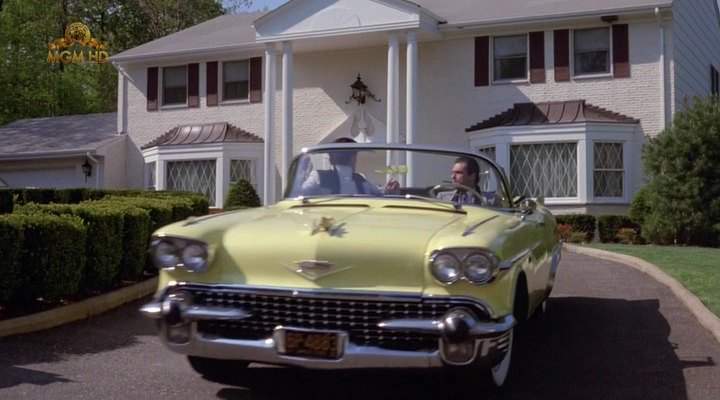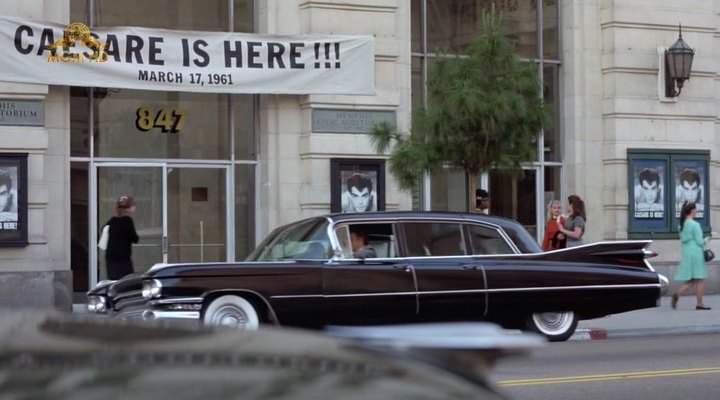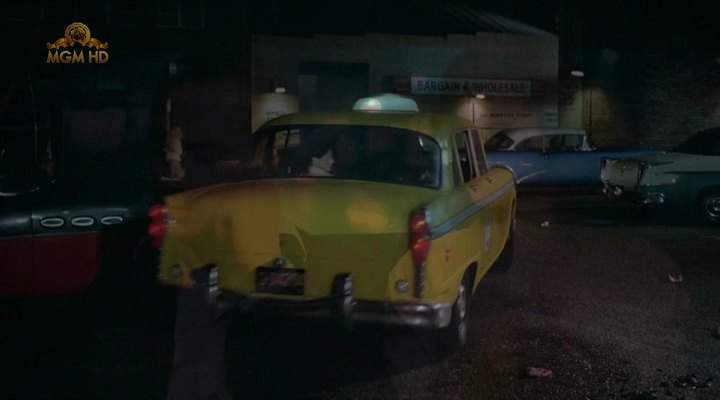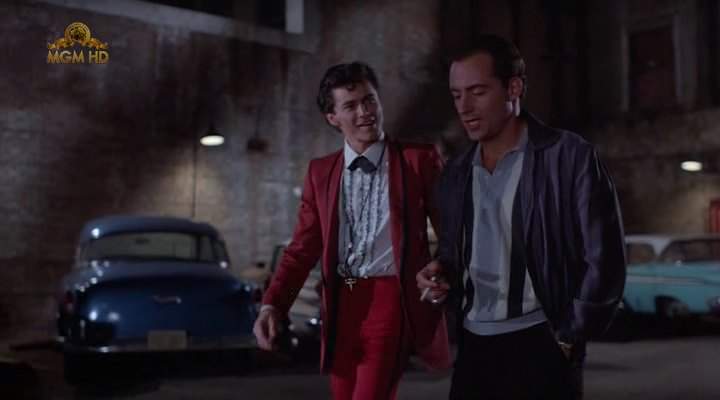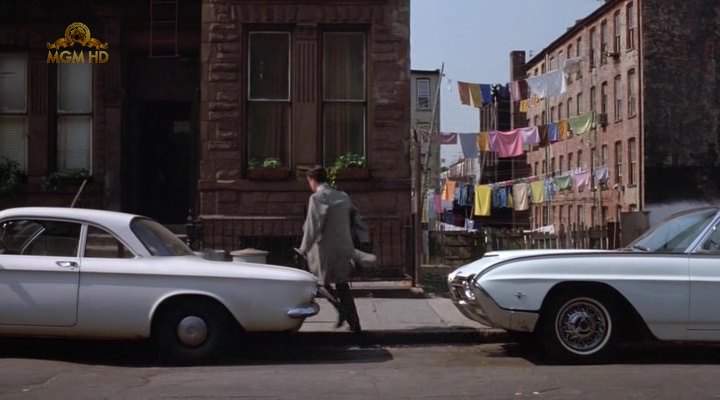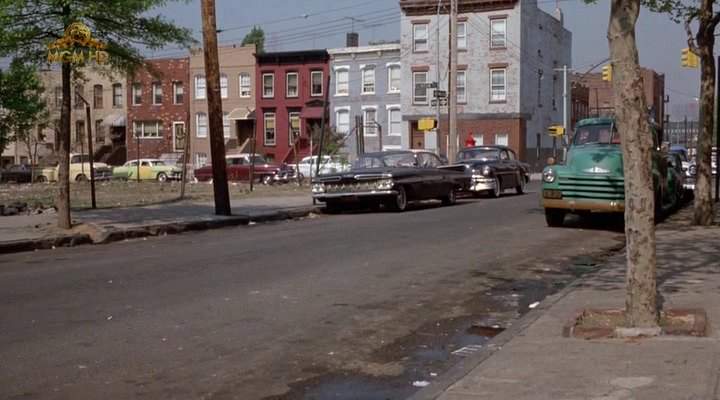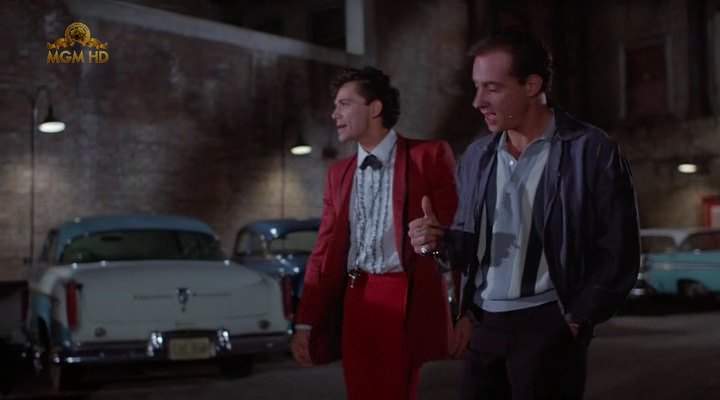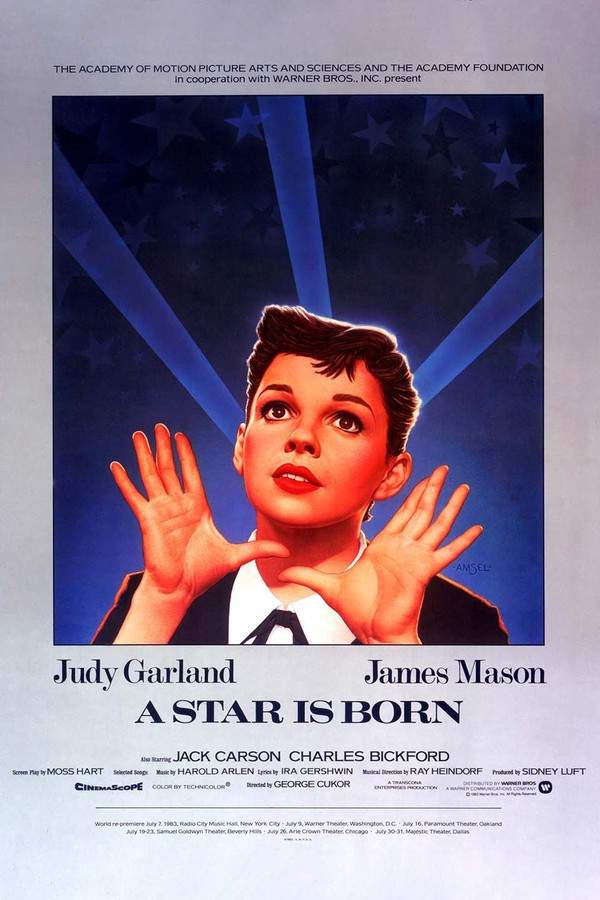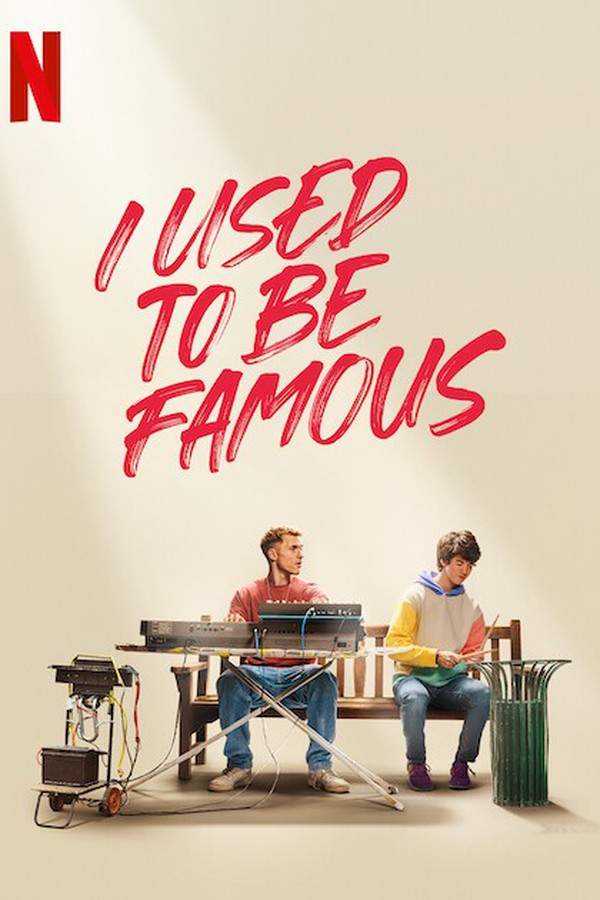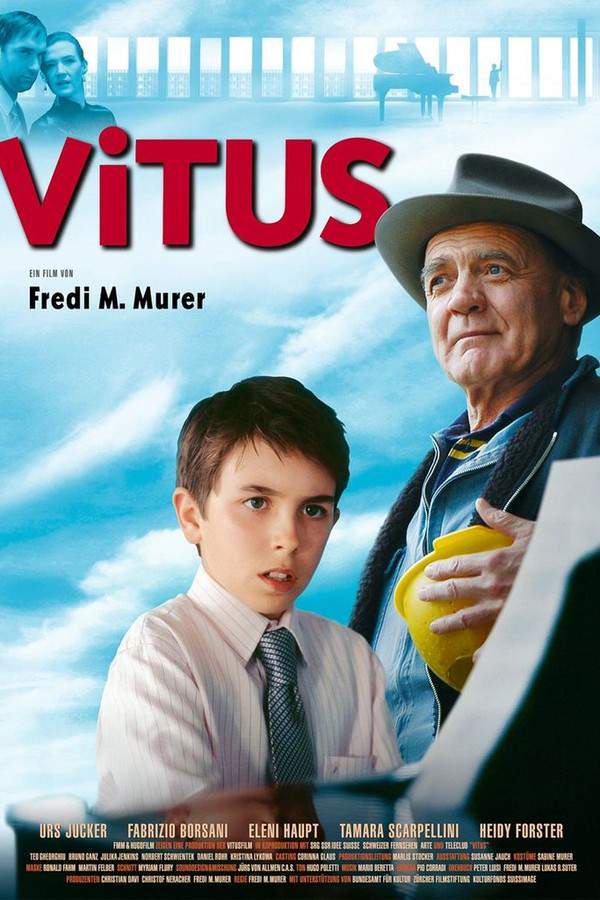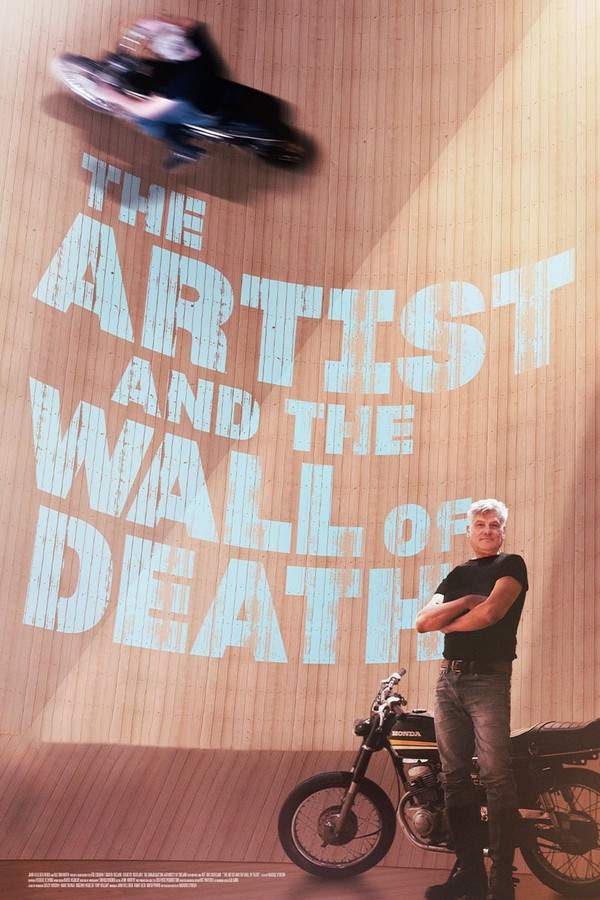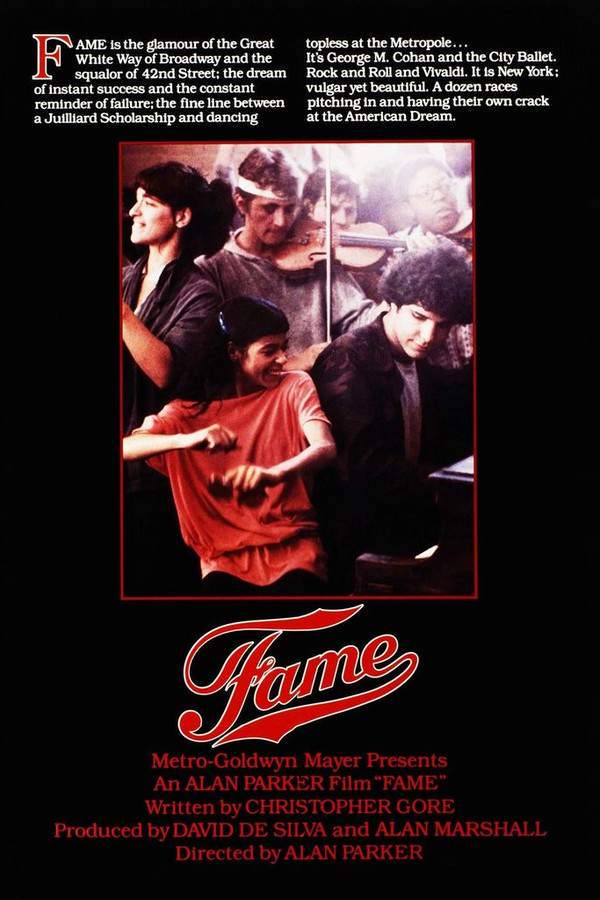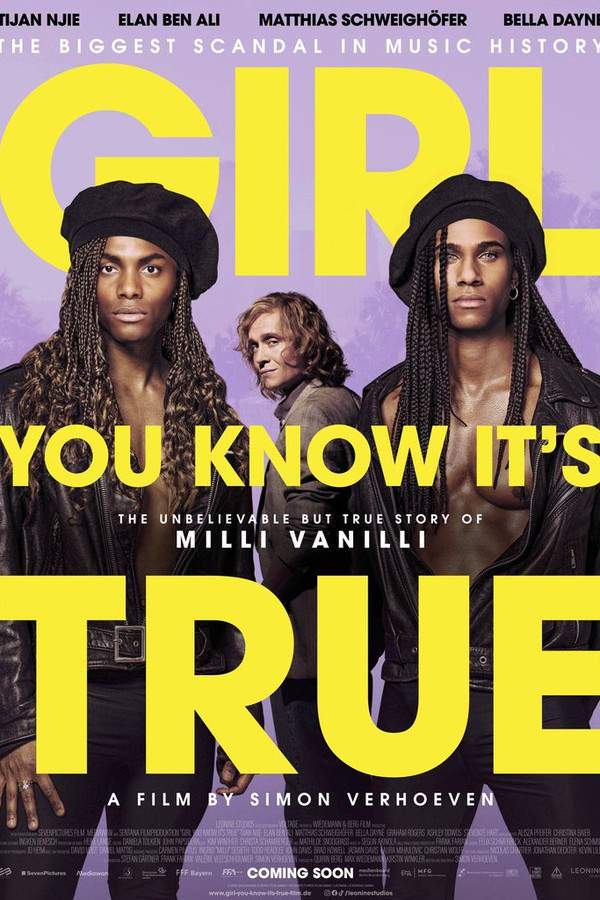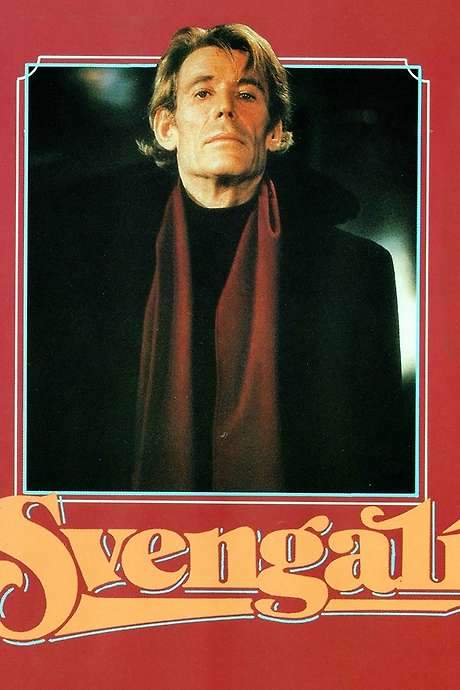The Idolmaker 1980
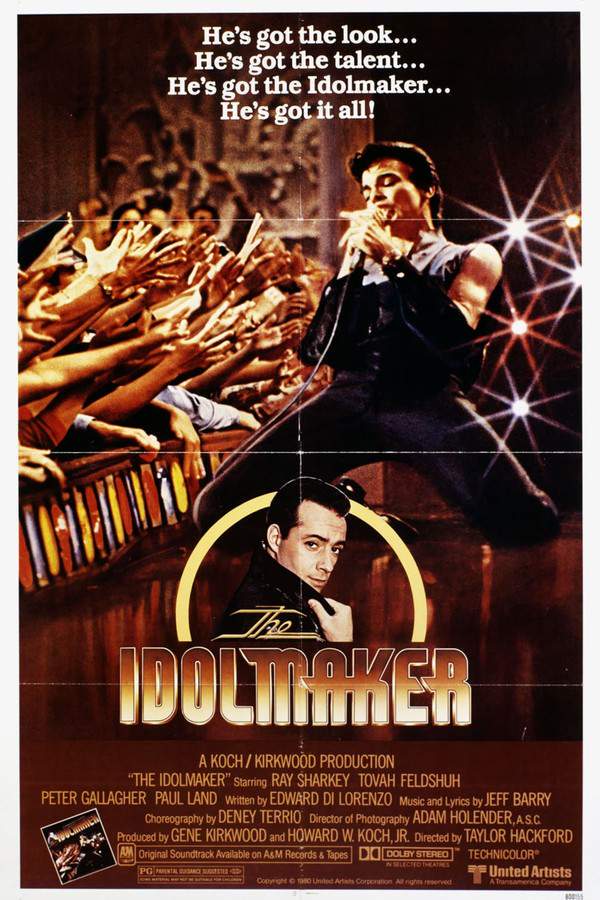
In 1950s America, music mogul Vincent Vacarri believes teen idols are manufactured, not born. He discovers talented newcomer Tomaso and transforms him into Tommy Dee, convincing him to abandon his saxophone for a career as a pop star. As Vacarri’s protégés compete for fame, the ruthless world of manufactured pop idolatry is revealed, exposing a dangerous game fueled by vanity and ambition where appearances often overshadow genuine talent.
Does The Idolmaker have end credit scenes?
No!
The Idolmaker does not have end credit scenes. You can leave when the credits roll.
Meet the Full Cast and Actors of The Idolmaker
Explore the complete cast of The Idolmaker, including both lead and supporting actors. Learn who plays each character, discover their past roles and achievements, and find out what makes this ensemble cast stand out in the world of film and television.
No actors found
External Links and Streaming Options
Discover where to watch The Idolmaker online, including streaming platforms, rental options, and official sources. Compare reviews, ratings, and in-depth movie information across sites like IMDb, TMDb, Wikipedia or Rotten Tomatoes.
Ratings and Reviews for The Idolmaker
See how The Idolmaker is rated across major platforms like IMDb, Metacritic, and TMDb. Compare audience scores and critic reviews to understand where The Idolmaker stands among top-rated movies in its genre.

61
Metascore
tbd
User Score


%
TOMATOMETER

0%
User Score

6.9 /10
IMDb Rating
Take the Ultimate The Idolmaker Movie Quiz
Challenge your knowledge of The Idolmaker with this fun and interactive movie quiz. Test yourself on key plot points, iconic characters, hidden details, and memorable moments to see how well you really know the film.
The Idolmaker Quiz: Test your knowledge on the 1980 film 'The Idolmaker' and its characters, themes, and events.
What is the name of the main character who aspires to be a songwriter?
Vincent 'Vinnie' Vacarri
Gino 'G.G.' Pilato
Tomaso DeLorusso
Phil Delano
Show hint
Awards & Nominations for The Idolmaker
Discover all the awards and nominations received by The Idolmaker, from Oscars to film festival honors. Learn how The Idolmaker and its cast and crew have been recognized by critics and the industry alike.
38th Golden Globe Awards 1981
Best Motion Picture – Comedy or Musical

Full Plot Summary and Ending Explained for The Idolmaker
Read the complete plot summary of The Idolmaker, including all major events, twists, and the full ending explained in detail. Explore key characters, themes, hidden meanings, and everything you need to understand the story from beginning to end.
In the sweltering summer of 1959, the dreams of Vincent “Vinnie” Vacarri, who is working as a waiter at his family’s cherished restaurant in the Bronx, come alive again. Surrounded by the familiar hustle and bustle, his longtime confidant and talented piano accompanist Gino “G.G.” Pilato brings exciting news of an upcoming recording session at a prestigious studio run by a fearsome mobster. Vinnie’s aspirations to become a singer-songwriter feel like a distant fantasy, especially as he confides in his mother about his insecurities regarding his looks and charm. However, witnessing the captivating saxophone performances by Tomaso DeLorusso at a nearby New Jersey nightclub ignites a newfound conviction in Vinnie. He believes he can elevate Tommy to a star.
Over the following months, Vinnie dedicates himself to nurturing Tommy’s talents under the stage name “Tommy Dee,” co-producing his debut album. As Tommy begins to gain recognition, Vinnie’s focus shifts toward securing a $10,000 loan from his estranged father, Frank, who has chosen wealth and transient relationships over family bonds. Though Vinnie’s approach is met with skepticism, he remains tenacious, even managing to persuade the influential disc jockey Walt Bennett to play Tommy’s debut single, “Here Is My Love.” When that doesn’t generate enough buzz, Vinnie resorts to a generous bribe to increase visibility.
With Tommy’s fame growing, Vinnie seizes the opportunity to persuade Brenda Roberts, the fashionable editor of Teen Scene magazine, to feature Tommy on their cover. As Tommy’s follow-up single “Sweet Little Lover” premieres on National Bandstand, he opts for an intimate connection with his audience rather than relying on rehearsed choreography. Amid the joys at the family restaurant, Vinnie’s frustration surfaces as he lashes out at a waiter and worries about Tommy’s reluctance to take acting lessons. Brenda, observing the scene unfold, becomes increasingly concerned for Tommy amidst the whirlwind surrounding him.
As events unfold, Vinnie makes a significant gesture towards his father by presenting a check as a symbol of his gratitude for the loan. The elder’s words of wisdom serve as a mixture of practical guidance and caution, urging Vinnie to stay grounded while also capitalizing on his investments by solidifying contracts with Tommy and broadening their clientele. Following this, Vinnie meets with Phil Delano, a major agent from I.A.A., committing to securing a movie role for Tommy.
With his father’s advice echoing in his mind, Vinnie begins to mentor busboy Guido Bevaloqua, renaming him “Caesare” and carefully fostering his talent to alleviate any jealousy from Tommy. As Caesare prepares for his first performance at a small club, Tommy offers encouragement, but Vinnie decides to prioritize Caesare’s development over co-headlining with his friend.
However, when Caesare steps onto the stage, anxiety overwhelms him, resulting in an early exit before finishing his number, provoking curiosity about whether he is truly ready for the spotlight. Outside, Vinnie reassures him that he will not abandon him as he grapples with his nerves. Following this rough start, Vinnie launches an inventive marketing campaign to promote Caesare across town, amplifying interest in him.
As Caesare’s next show approaches, Tommy’s irritation reaches a boiling point, prompting him to seek a role in a TV series that Vinnie had rejected him for. Their once-fruitful collaboration now stands on shaky ground, with both men facing respect issues as they rehearse.
In a bold moment, Caesare takes the stage, only to be overwhelmed by enthusiastic fans who rush to him during his performance of “Baby.” Despite the chaos, he perseveres, showcasing his determination to succeed. As Vinnie strolls through the streets of his youth, a wave of fatigue envelops him, but a heartfelt connection with his mother’s wisdom reignites his passion. He decides to return to the family restaurant where it all began.
Over time, Vinnie grows more confident in his abilities and invites Brenda to witness his artistic journey. Although she initially declines, fate brings them back together onstage, where Vinnie performs a deeply felt song titled “I Believe It Can Be Done.” His heartfelt rendition, coupled with Brenda’s approving nod, breathes new life into Vinnie’s ambitions, propelling him forward with purpose and affirmation.
Uncover the Details: Timeline, Characters, Themes, and Beyond!

Coming soon on iOS and Android
The Plot Explained Mobile App
From blockbusters to hidden gems — dive into movie stories anytime, anywhere. Save your favorites, discover plots faster, and never miss a twist again.
Sign up to be the first to know when we launch. Your email stays private — always.
Watch Trailers, Clips & Behind-the-Scenes for The Idolmaker
Watch official trailers, exclusive clips, cast interviews, and behind-the-scenes footage from The Idolmaker. Dive deeper into the making of the film, its standout moments, and key production insights.
Cars Featured in The Idolmaker
Explore all cars featured in The Idolmaker, including their makes, models, scenes they appear in, and their significance to the plot. A must-read for car enthusiasts and movie buffs alike.
The Idolmaker Themes and Keywords
Discover the central themes, ideas, and keywords that define the movie’s story, tone, and message. Analyze the film’s deeper meanings, genre influences, and recurring concepts.
The Idolmaker Other Names and Titles
Explore the various alternative titles, translations, and other names used for The Idolmaker across different regions and languages. Understand how the film is marketed and recognized worldwide.
Similar Movies To The Idolmaker You Should Know About
Browse a curated list of movies similar in genre, tone, characters, or story structure. Discover new titles like the one you're watching, perfect for fans of related plots, vibes, or cinematic styles.
Quick Links: Summary, Cast, Ratings, More

What's After the Movie?
Not sure whether to stay after the credits? Find out!
Explore Our Movie Platform
New Movie Releases (2026)
Famous Movie Actors
Top Film Production Studios
Movie Plot Summaries & Endings
Major Movie Awards & Winners
Best Concert Films & Music Documentaries
Movie Collections and Curated Lists
© 2026 What's After the Movie. All rights reserved.


